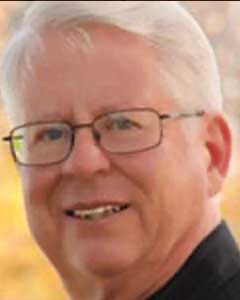Phillip Yancy, whose writings have won him awards and wide respect, is a conservative Christian who reads and comments broadly while appealing to an expanding ecumenical audience. His books include Where is God When it Hurts?, The Jesus I Never Knew, and The Bible Jesus Read.
In his latest, Yancy says: “I have lived most of my life in the evangelical Protestant tradition, which emphasizes personal relationship, and I finally decided to write this book because I want to identify for myself how a relationship with God truly works, not how it is supposed to work.”
A letter from a reader prompted the project: “What is a relationship with God supposed to look like anyway?” The spiritual life does not make a lasting difference for many people. What is experienced in person is of another order than what is heard described so confidently from the pulpit. The church has frequently hindered, not helped, the work of the spirit among us.
“What qualifies me to write a book on investigating a personal relationship with God?” Yancy asks. “A publisher once asked me for a more ‘pastoral book’ and I could not deliver. I am not a pastor but a pilgrim, septic (putrefied) with doubt.”
Modern churches often feature testimonies of spiritual success, never failures, which only makes the strugglers in the pew feel worse. Religious books and videos emphasize triumphs. Yet delve a bit deeper into church history and you will find a different story, of those who strain to swim upstream.
[pullquote]Doubt has played a large role in Yancy’s life, and he believes the church owes a great debt to its loyal “traitors.” The church in which he grew up left no room for doubt but he has become more comfortable with mystery than with certainty. The church at its best prepares a safe and secure space that belief may one day fill.
Trust, not certainty, reflects the stance of the adult Christian. Mature faith helps us accept the good with the bad. Faith and trust lead us to discover God’s infinite meaning through whatever happens to us. Nothing we encounter, not even tragedy, goes beyond the range of God’s redemptive power. The Christian story ends with the promise that redemption will one day be complete.
This book offers simple, yet profound, insight into how humans may relate to a God who is at once obscure but open, distant yet close.
Dr. Wayne Holst is a lecturer in religion and culture at the University of Calgary.




